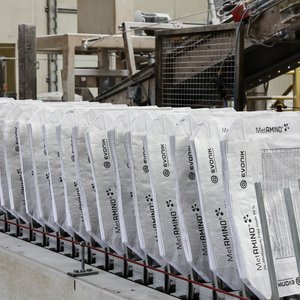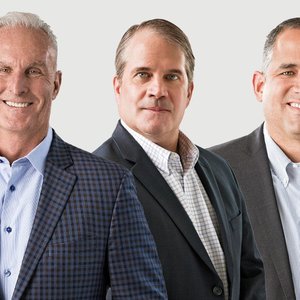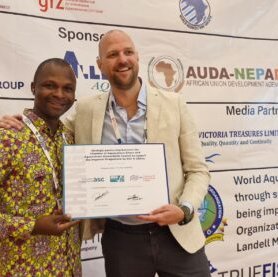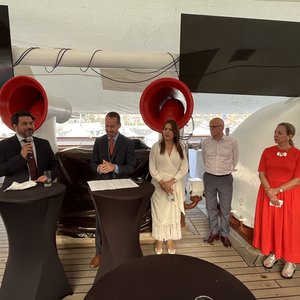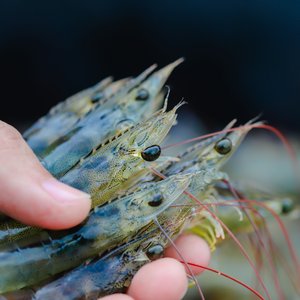Global harmonisation allows for objective environmental footprinting
January 2016 saw the launch of the Global Feed LCA Institute (GFLI) by FEFAC and the other founding members (IFIF, AFIA (US feed industry), ANAC (Canadian feed industry).
The GFLI aims to provide a freely accessible, transparent LCA (life cycle assessment) database of feed ingredients. This will allow for globally harmonised assessments and benchmarking of environmental footprint calculations of feed manufacturing. In addition, the technical concept of the GFLI is designed to also be compliant with the PEF, the Product Environmental Footprint project, coordinated by the European Commission.
FEFAC Chairman of the PEF Pilot Project on Feed Nick Major: “As feed supply chains have international dimensions, it’s great to see synergies take place between global and regional activities. The PEF Pilot Project on feed we are working on in Europe can take advantage of the work on this global LCA database that is already being developed”.
To accurately measure the environmental impact of animal products such as meat, milk and eggs, developing an objective, harmonised LCA calculation method for the footprint of feed production is a pre-requisite. FEFAC President Ruud Tijssens: “Given the significant share of feed production in the environmental footprint of animal products, feed is also the key area where emission mitigation strategies can be developed. With the animal nutrition solutions we provide in combination with resource efficient feed technology, the compound feed industry looks at drive towards measuring environmental performance with great confidence.”
The Europe-based project part of the GFLI is set to be ready by summer 2016, which is well in time for the PEF Pilot Project on Feed scheduled to be completed by the end of this year.



